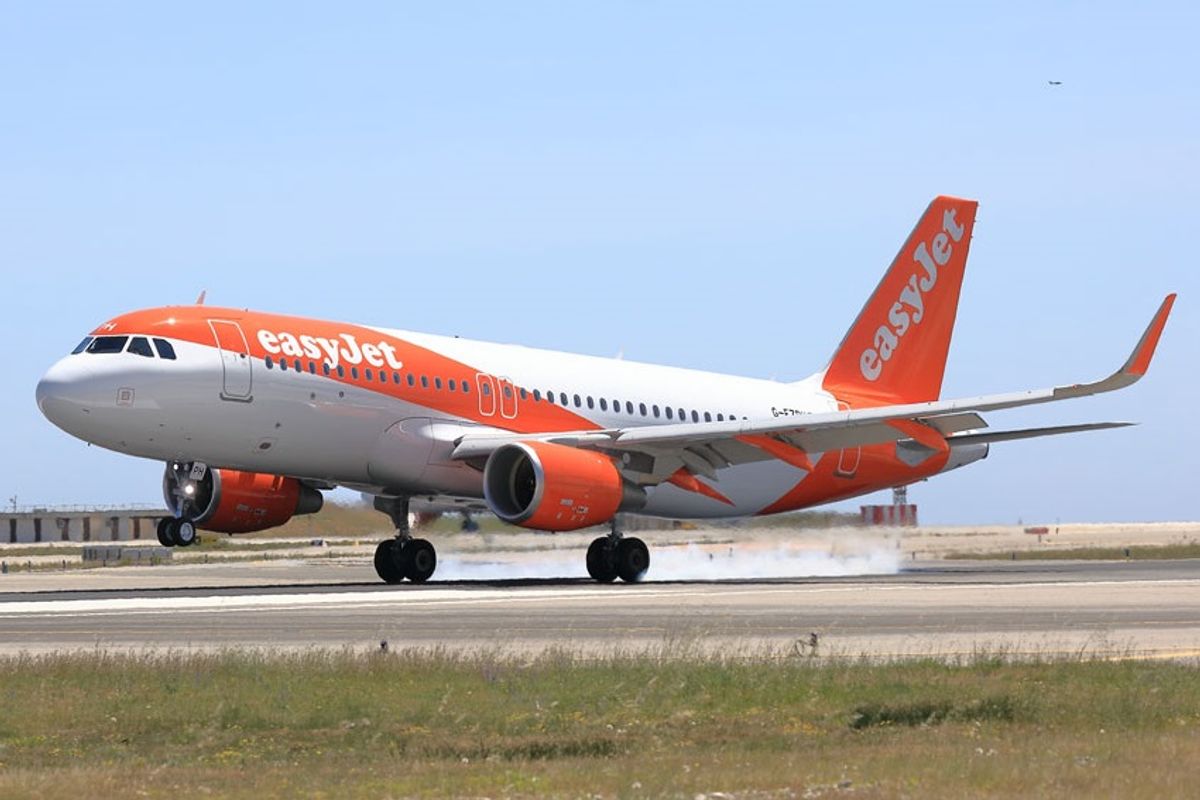Travel
Greece, Spain, Germany, Italy, France, Bulgaria, Czech Republic, Netherlands, Poland, Denmark, Estonia and Other EU Nations Anticipating Profitable Travel Industry in 2025 – Travel And Tour World

Thursday, December 12, 2024
As the global travel landscape continues to evolve, European Union (EU) nations are poised for a significant resurgence in their travel and tourism sectors in 2025. This anticipated growth is underpinned by a confluence of factors, including increased international tourist arrivals, shifting traveller preferences, strategic industry adaptations, and a steadfast commitment to sustainability. This report delves into the multifaceted elements contributing to the European Union’s profitable travel outlook for 2025.

Post-Pandemic Recovery and Tourism Growth
The COVID-19 pandemic dealt a severe blow to the global travel industry, with Europe experiencing unprecedented declines in tourist arrivals and revenues. However, the post-pandemic period has ushered in a robust recovery. According to the European Travel Commission’s “European Tourism: Trends & Prospects” report, foreign arrivals in Europe were just 1.6% below pre-pandemic levels by the end of 2023, signaling a near-complete rebound.
By 2024, the European travel market is expected to grow further, with over 746 million international tourist arrivals projected, up from 682 million in 2022. This marks a steady recovery trajectory, with international tourism receipts estimated to reach $537 billion in 2025. Analysts anticipate a compound annual growth rate (CAGR) of 2.86% from 2024 to 2029, culminating in a market volume of approximately $341.80 billion by 2029.

Emerging Travel Trends Shaping the Industry
Several key trends are poised to shape the European travel industry in 2025:
- Sustainable Tourism: Travelers are increasingly seeking eco-friendly options, with a significant number prioritizing sustainable accommodations and experiences. Over 72% of surveyed travelers in 2024 expressed a preference for destinations committed to reducing carbon footprints, leading to higher investments in green initiatives by industry players.
- Offbeat Destinations: There is a growing interest in lesser-known European destinations, driven by a desire to avoid overcrowding and discover unique experiences. Cities like Reggio Calabria in Italy and Tartu in Estonia have seen substantial increases in traveler interest, with Tartu witnessing a 43% rise in visitors in 2024 compared to the previous year.
- Technological Integration: The adoption of artificial intelligence, virtual reality, and other technologies is enhancing trip planning and personalized travel experiences, catering to the tech-savvy traveler. Digital tools now influence 78% of travel-related decision-making processes.
- Wellness and Adventure Travel: Post-pandemic travelers are gravitating towards wellness retreats and adventure tourism, seeking holistic and immersive experiences that promote well-being. Wellness travel in Europe is projected to grow by 10% annually, reaching a market size of $158 billion by 2025.

Strategic Industry Adaptations
To capitalize on emerging trends and ensure profitability, industry stakeholders are implementing several strategic measures:
- Capacity Expansion: Airlines are increasing capacities to meet rising demand. EasyJet, for instance, plans a 3% capacity increase for 2025, alongside a 25% growth in its package holiday business. Meanwhile, Ryanair expects to carry over 185 million passengers in 2025, surpassing pre-pandemic levels.
- Sustainable Practices: In response to environmental concerns, airlines like Lufthansa are introducing mandatory environmental cost surcharges, reflecting a broader industry move towards sustainability. Similarly, major hotel chains are adopting renewable energy sources and reducing single-use plastics, with Marriott International aiming for a 50% reduction in water usage by 2025.
- Product Diversification: Tour operators are expanding offerings to include more sustainable and offbeat destinations, catering to evolving traveler preferences and promoting responsible tourism. TUI Group, for example, has added 200 eco-certified hotels to its portfolio in 2024 alone.

Economic Contributions and Revenue Projections
The travel and tourism sector remains a vital component of the EU economy. In 2023, the sector contributed 9.1% to the EU’s GDP, generating approximately €1.3 trillion in economic output. By 2025, this figure is expected to increase to 10.2%, driven by sustained growth in both domestic and international tourism.
The sector’s revenue was expected to reach €256.82 billion in 2023, with projections indicating growth to €275.16 billion by 2027. Online sales are set to dominate, accounting for 78% of the sector’s revenue by 2027. Additionally, employment in the tourism industry is projected to grow by 4.2% annually, creating over 1.5 million new jobs by 2025.

Challenges and Considerations
Despite the optimistic outlook, the industry faces challenges, including:
- Geopolitical Tensions: Ongoing conflicts, such as the war in Ukraine, could impact travel patterns and consumer confidence. Over 15% of travelers surveyed in 2024 cited geopolitical instability as a key concern.
- Economic Factors: Inflation and cost-of-living crises may influence travel spending, necessitating adaptable pricing strategies. For example, Spain has implemented flexible pricing models to attract budget-conscious travelers.
- Environmental Regulations: Stricter environmental policies may lead to increased operational costs, requiring the industry to balance profitability with sustainability commitments. The EU’s Green Deal targets aim for a 55% reduction in greenhouse gas emissions by 2030, directly impacting travel industry operations.
As geopolitical tensions persist and economic challenges loom, the EU travel industry must remain adaptable and resilient. Investments in sustainable tourism, technological advancements, and market diversification will be crucial to maintaining profitability and fostering growth.
Also Read: 2024 Backpedaling on How Global Travel Industry Experiencing and What are the Expectation for 2025
In 2025, the EU’s travel and tourism sector is poised to lead global recovery efforts, setting a benchmark for innovation and sustainability. Whether through exploring uncharted destinations, embracing green practices, or leveraging cutting-edge technology, the industry is well-positioned to thrive in the coming years.
Read Travel Industry News in 104 different regional language platforms
Get our daily dose of news, by subscribing to our newsletters. Subscribe here.
Watch Travel And Tour World Interviews here.
Read more Travel News, Daily Travel Alert, and Travel Industry News on Travel And Tour World only.










